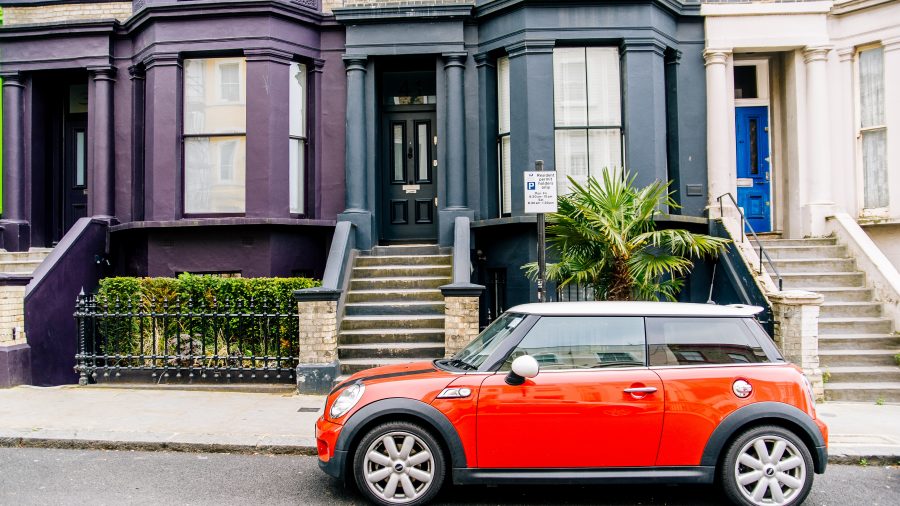Your top 3 costs are car loans, fuel and motor insurance. With a loan, you could spend $213 or 72% more every week than someone without a loan. Find out the costs of running a car in Sydney.
Is it affordable to run a car in Sydney?
In fact, affordability in Sydney sits on the national average at 15.7% of income. Yet households in Sydney, followed by Melbourne, still pay the most in Australia:
- Sydney $558 pw ($29,016 pa) 7% of income
- Melbourne $528 pw ($27,474 pa) 6% of income
- Hobart $410 pw ($21,342 pa) 0% of income.
Essential to know
Australian Automobile Association (AAA) affordability statistics for April to June 2025 are based on a notional family. They have a car loan, pay tolls 3 days, and take public transport on other days to save money. If a household doesn’t use public transport, these figures would increase.
What are the highest costs of owning a car?
These are the highest costs of owning a car in Sydney:
- Car loans inflate by 72% the total cost of owning a car in Sydney.
- Fuel costs households $77 pw on average. Use our fuel price calculator to find the cheapest possible fuel prices near you.
- Insurance costs $63 pw for comprehensive or third party property insurance.
What does it cost to run a car in Sydney?
The costs of running a car include car loan payments, tolls, fuel, motor insurance, servicing and tyres, registration/licensing and green slip, and roadside assistance.
While car loans, motor insurance and roadside assistance are your choice, registration, licensing and green slip are mandatory.
Costs of running a car in Sydney
| Per week | Per year | |
| Total with car loan | $508 | $26,407 |
| Total without car loan | $295 | $15,340 |
| Car loan payments | $213 | $11,075 |
| Fuel | $91 | $4,739 |
| Insurance | $63 | $3,252 |
| Tolls | $60 | $3,120 |
| Servicing and tyres | $37 | $1,921 |
| Registration, licensing and CTP | $42 | $2,164 |
| Roadside assistance | $3 | $134 |
Note, totals contain rounding errors and don’t include public transport.
How much does it cost to register a car in Sydney?
Registration in NSW currently costs (at November 2025):
- $82 for a car, station wagon or small bus, and
- Vehicle tax paid on the weight of the vehicle, starting from $270.
How much is my green slip?
The rolling 12-month average cost of a green slip in NSW is $612. The price of your green slip depends on you, your vehicle and your driving history.
We used the green slip calculator to calculate the cost of a green slip in November 2025 for a safe driver and a driver with 2 demerit points. He is 45 and drives a 2015 Ford Ranger or 2015 Honda Accord.
|
|
Ford Ranger green slip |
Honda Accord green slip |
||
|
|
Price range |
Average |
Price range |
Average |
|
Safe driver |
$769-$1,192
|
$955 |
$495-$778
|
$624 |
|
Driver with 2 demerit points |
$944-$1,211 |
$1,150 |
$661-$791 |
$743 |
Our safe driver spends around $624 on a green slip for a Honda Accord and $743 for a Ford Ranger. The driver with 2 demerit points could spend 20% more on average for each.
Note, it is usually more expensive to register and insure a ute or light goods vehicle than a motor car.
Calculate your green slip now, whether you live in Sydney or somewhere else in NSW.


your opinion matters: